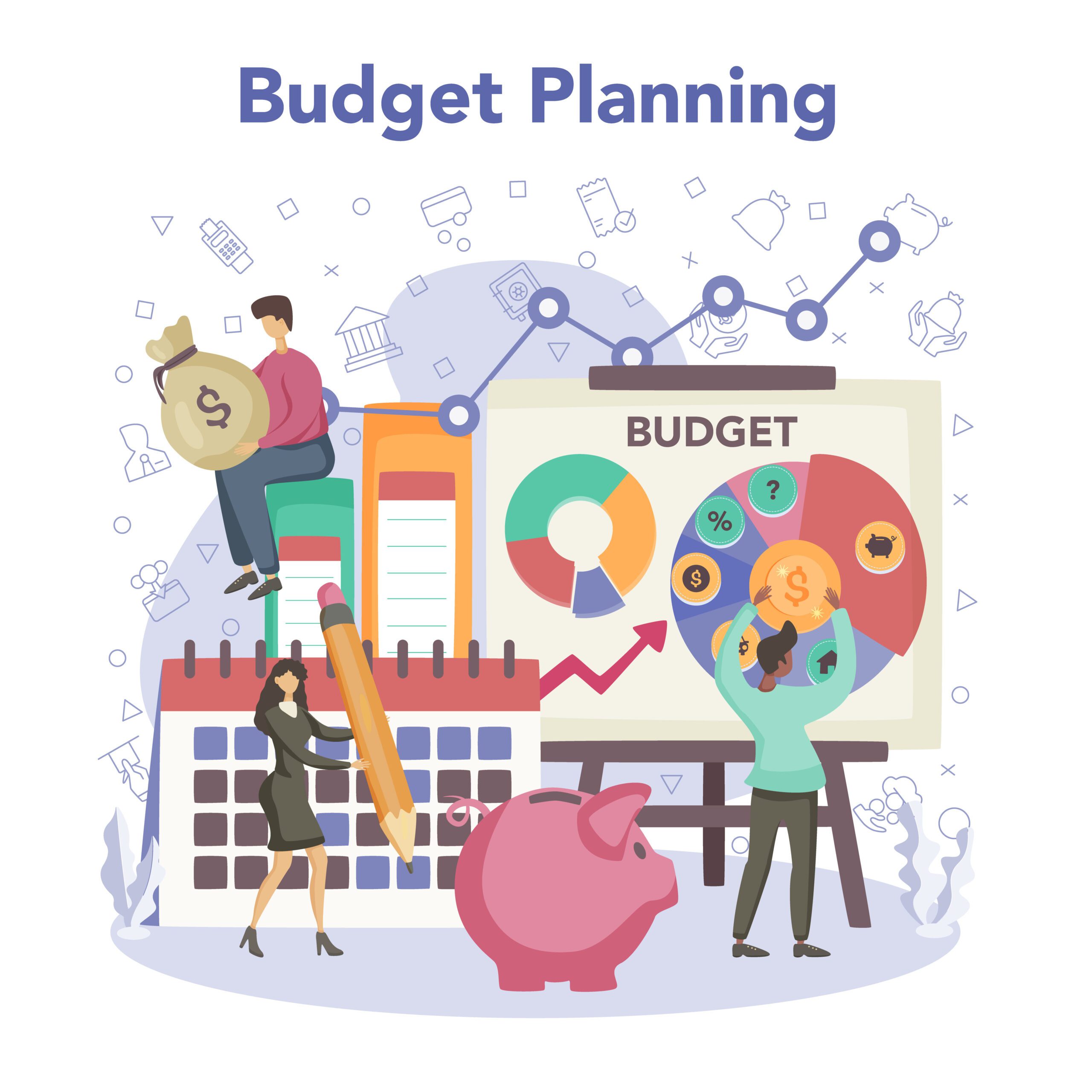In the dynamic landscape of modern business, a well-structured marketing plan is a compass that guides companies toward success. A robust marketing strategy doesn’t just happen by chance; it requires careful planning, analysis, and execution. To create a practical roadmap for your business, consider these 7 key components from the BrandsBoostr team that constitute a successful marketing plan.
1. Clear Marketing Objectives:
A successful marketing plan starts with defining clear and achievable objectives. These objectives serve as the foundation for all your marketing efforts. Whether it’s increasing brand awareness, boosting sales, or entering a new market segment, setting specific and measurable goals helps keep your team focused and aligned.

2. Target Audience Identification:
Knowing your target audience is paramount. Understand their demographics, preferences, behaviors, and pain points. This knowledge enables you to tailor your marketing messages and strategies to resonate with your potential customers, maximizing your chances of engagement and conversion.

3. Comprehensive :
Conduct a thorough analysis of your industry, competitors, and market trends. Identify gaps in the market that your product or service can fill. A comprehensive market analysis provides insights into your competitive advantages and helps you make informed decisions to stand out in a crowded marketplace.

4. Strategic Positioning:
Positioning defines how you want your brand to be perceived in the minds of consumers. It’s about crafting a unique value proposition that differentiates you from competitors. Your positioning influences every aspect of your marketing, from your messaging to your visual identity, ensuring consistency across all touchpoints.

5. Effective Marketing Channels:
Select the most relevant and impactful marketing channels to reach your target audience. These include social media platforms, content marketing, email campaigns, paid advertising, and more. Each channel requires a tailored approach to maximize its potential, so choose wisely based on your audience’s preferences.

6. Budget Allocation:
Allocate your marketing budget strategically across various channels and initiatives. Your budget should align with your objectives and the potential returns from each activity. Regularly monitor and adjust your allocations based on the performance of different strategies to ensure optimal resource utilization.

7. Performance Measurement and Analysis:
A successful marketing plan is never static; it’s a dynamic process that requires continuous evaluation. Set up key performance indicators (KPIs) to measure the effectiveness of your marketing efforts. Regularly analyze the data to identify what’s working and what’s not, and be prepared to adapt and optimize your strategies accordingly.
Conclusion
In conclusion, a successful marketing plan is a structured roadmap that outlines your business’s journey to achieving its marketing goals. By incorporating these 7 key components – precise objectives, target audience understanding, market analysis, strategic positioning, effective channels, budget allocation, and performance measurement – you create a comprehensive framework that guides your marketing initiatives toward success. Remember, flexibility and adaptability are key; stay open to refining your strategies as you gather data and insights along the way. With a well-crafted marketing plan in place, your business is better equipped to navigate the ever-evolving landscape of modern marketing.
Keep following BrandsBoostr.